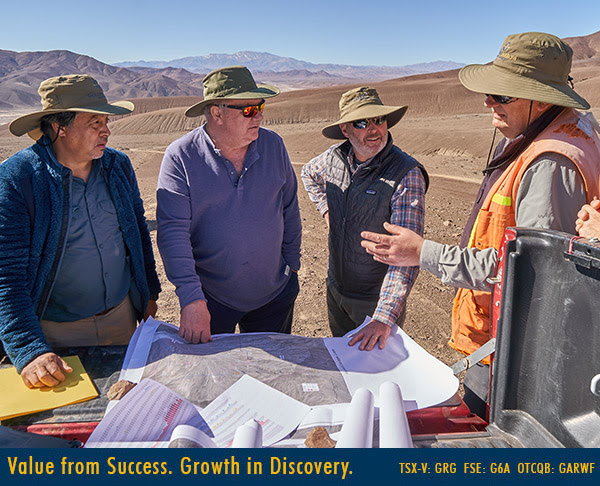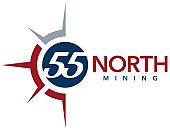Weekend…Read
Copper is the missing ingredient of the energy transition
At 76, Richard Adkerson is an elder statesman of the copper industry. For two decades he has been CEO of Freeport-McMoRan, one of the world’s biggest copper producers, valued at $55bn. He has seen it all, from short-term booms and busts to the China-led supercycle, and from industry fragmentation to consolidation.
Appropriately for a mining-industry executive, he has a gravelly voice, which he uses to conjecture about a potential copper crunch. The pressures of industrial development in the emerging world, as well as progressing electrification and decarbonisation as part of the energy transition, are likely to turbocharge demand for the red metal. S&P Global, a consultancy, expects copper consumption to double to 50m tonnes between now and 2035. Yet unless prices rise sharply, supply is unlikely to keep up. Besides new copper mines coming on stream in Mongolia and the Democratic Republic of Congo, such projects are thin on the ground, Mr Adkerson says. Concerns about the environment and indigenous rights make it harder to win approval for them. Moreover, in both Chile and Peru, which together produce nearly 40% of the world’s copper, mining is vulnerable to national politics.
As Mr Adkerson puts it, this is not a supply problem that money alone can solve. “There is just a scarcity of actionable investment opportunities in the world today,” he says. Wisely, he does not go as far as suggesting the world is running out of copper. Instead, he tells a story dating back to the days early in his career when he was a consultant to the oil industry.
During the commodities supercycle up to the mid-2010s, both industries blew shareholders’ money on wildly overambitious projects, which landed them in the sin bin. Even as concerns about oil and copper supplies have mounted, investors have demanded shareholder payouts rather than risk equity on big capital projects. This has been exacerbated by pressure to reduce resource extraction from investors worried about environmental, social and governance (ESG) issues.
Yet the mood may be starting to shift. In the oil industry, high prices of crude have led companies like Shell and BP to rethink the pace at which they cut oil production. Similarly, copper miners are becoming bolder. In April BHP, a diversified mining giant, will put to shareholders of Oz Minerals its $6.4bn proposal to take over the Australian copper miner. If approved, it will be its largest acquisition since 2011. Freeport says that it will raise capital expenditure this year to $5.2bn, up from $3.5bn in 2022, chiefly to expand underground development at its Indonesian mine, Grasberg. Mr Adkerson points out that some of this increase is a result of rising costs. But he also detects a new mood among investors. “Today, when I speak with our shareholders, they ask us where the growth is going to come from.”
For full copper coverage from The Economist, please see the attachment.
 Golden Arrow Resources – Weekend Read: Copper is the missing ingredient of the energy transition
Golden Arrow Resources – Weekend Read: Copper is the missing ingredient of the energy transition
































